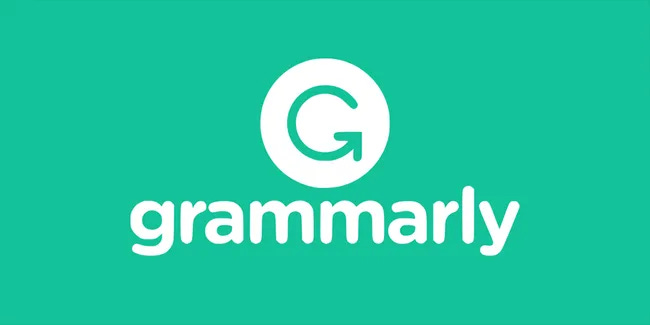Grammarly Pivot? How OpenAI Almost Killed Grammarly
They acquired Coda - a Notion-like application.
Introduction
When I started my newsletter, the first article was about how OpenAI was going to make single-use case apps like Grammarly obsolete. I mentioned four strategies on how to build a product that OpenAI will not make obsolete. They are: build a user experience that can't be replicated inside a chatbot interface; Build a product that focuses on the outcome, not just the output from an LLM; Build a product that requires multiple prompts (or fine-tuning), integrated by software engineering, and unique process know-how, and finally, If you can curate complex data, fine-tune an off-the-shelf open-source model, and then build a product around the curated data, you will have built a unique product. You can read more here. In this article, I'm going to explain how Grammarly became successful, why they were vulnerable now, and analyze their pivot.
How Grammarly Became Successful
Before the launch of ChatGPT, Grammarly helped you improve the quality of your writing and helped you communicate your ideas succinctly and better. They built a massive distribution engine by creating plugins for every major document editor. They also have a web application if that's your thing. This means you can use Grammarly inside Google Docs, Microsoft Word etc. You can also use it inside Gmail and Notion via the browser extension. Their ubiquitous presence and effective solution led to remarkable adoption across sectors. Over 3,000 educational institutions, 50,000 businesses, and one-third of Fortune 500 enterprises rely on Grammarly for their writing needs. Their success extended to individual users as well, with over 40 million professionals using their services and their keyboard app achieving more than 50 million downloads. Through this comprehensive distribution strategy and widespread adoption, they dominated the writing assistance market.
Why Grammarly is Vulnerable Now
The AI/ML stack was their moat. However, with the democratization of AI technology, their product is no longer as defensible. The document editor landscape has fundamentally changed: every major application with a document editor has now integrated AI writing features. Notion quickly integrated these capabilities when ChatGPT launched. Apple incorporated similar features into their ecosystem. Google has implemented AI writing assistance across Gmail and Google Docs. As a result, users who previously relied on the Grammarly plugin within Google Docs no longer need to pay for Grammarly's services, as they now have access to comparable features directly within these platforms. Furthermore, many people just use ChatGPT. You can use Grammarly inside ChatGPT or Claude. That's one of the many ways I use ChatGPT.
The Pivot Analysis
On December 17th, 2024, Grammarly announced their acquisition of Coda. For those who don't know, Coda is a Notion-like application that's more powerful than Google Docs, and they claim to be more flexible than Notion. It's designed to replace not only Google Docs but various SaaS applications as well. Personally, I use Notion. Before adopting it, I was using Evernote and Trello. Notion allowed me to consolidate these tools into a single platform. This experience helps me understand Coda's value proposition.
Grammarly must have recognized that being a single-use application wasn't sustainable in the age of AI. This strategic shift reflects a fundamental change in the technology landscape. In the pre-LLM era, companies could build moats through proprietary data, machine learning models, and user experience. However, AI has now become a standard feature, much like databases - nobody makes a fuss about using PostgreSQL, MySQL, MongoDB, or cloud-provided database solutions anymore. The acquisition came with significant organizational changes. Notably, Coda's CEO was appointed to lead the combined entity. This shows that Grammarly understands that to survive in this new world, you need to evolve beyond basic LLM capabilities. The future lies not in the LLM alone, but in how it is integrated into a broader, more comprehensive solution.
Conclusion
The AI landscape is changing rapidly, and Grammarly's acquisition of Coda demonstrates how companies can adapt to survive and thrive. Big Tech companies and well-funded startups are moving at an unprecedented pace. They are integrating AI capabilities into their core products. This fast-paced evolution means that startups need both foresight to anticipate market changes and adaptability to pivot when necessary. Success in this rapidly evolving landscape isn't just about having cutting-edge technology. It's about understanding where the market is heading, preparing for future disruptions, and being willing to make bold moves to stay relevant. Companies that can combine technological innovation with strategic adaptability will be the ones that survive and thrive in the age of AI.


